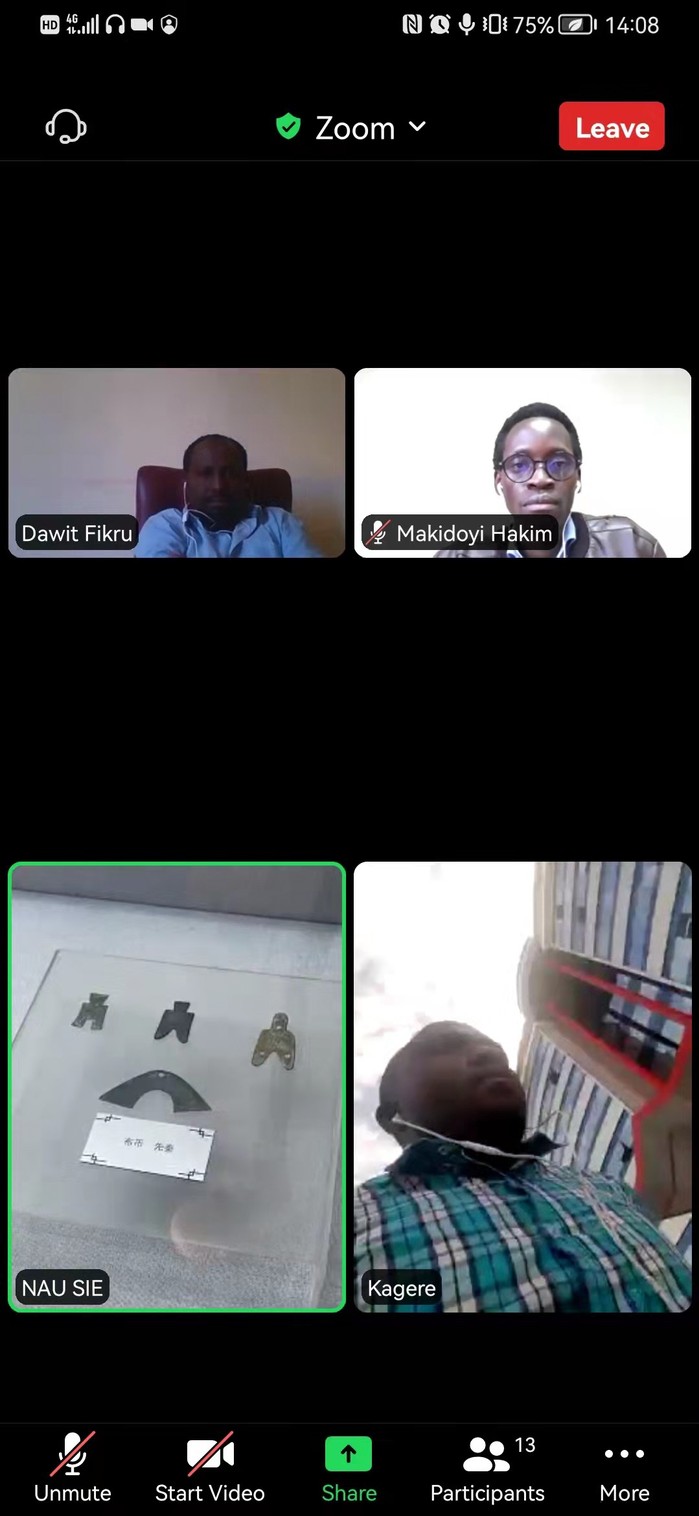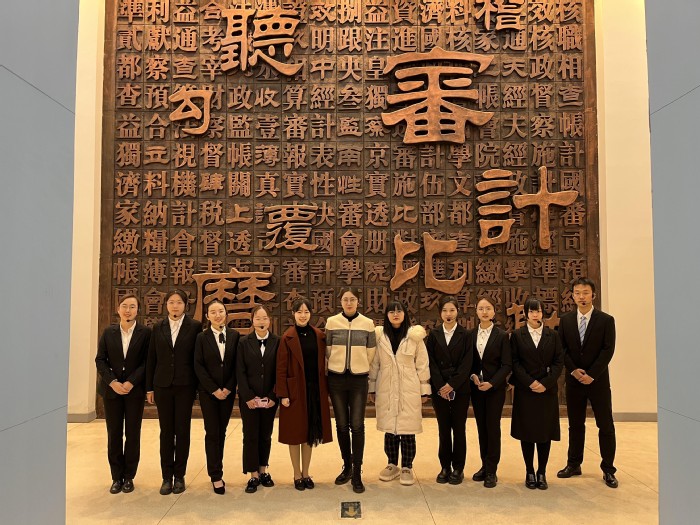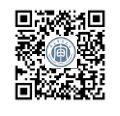On December 1, 2021, with the support of the NAU Museum, the School of International Exchange led the new batch of international students to visit NAU Currency Museum and Audit Museum through an online meeting. The event aimed to deepen international students' understanding of the historical development of currency and auditing in China and to promote cultural learning, exchange and discussion.

During the tour of the Currency Museum, the entire collection and explanations were divided into six sections according to the order of the development of our currency: Ancient Currency Zone 1, represented by the currency of the Qin and Han dynasties, Ancient Currency Zone 2, represented by the currency of the Song, Liao and Western Xia dynasties, Modern Currency Zone, RMB Zone, World Currency Zone and Marketable Securities Zone. The most enthusiastic response from the students was the RMB zone. By studying the composition of the RMB from the first set to the fifth set and its changes, the students also learnt about the focus of China's development at different stages and said they benefited greatly.

During the tour of the Audit Museum, the docents gave a detailed introduction from five parts: the development of auditing in the world, the history of ancient and modern auditing in China, the history of modern auditing, the history of the university and the sand table. The students also saw representative collections such as the Crystal Cube presented to the university by the first auditing master's degree students, and gained a deeper understanding of the flourishing development path of auditing in China and our university.

The event was successfully concluded through a joint collaboration between the School of International Cultural Exchange and the University Museum. Although the students were unable to learn about the long history of money and auditing in China on the campus, they expressed their eagerness to learn about the history of money and auditing in a more systematic and intuitive way through the online tour, and once again expressed their eagerness to study on the campus. In the future, we will continue to carry out a variety of online cultural activities to further deepen international students' understanding of SAIC and China, and through them to convey to the world the experience and practice of Chinese auditing and the profundity of Chinese culture.


